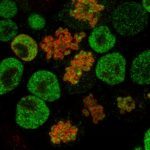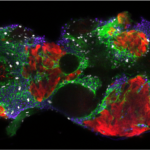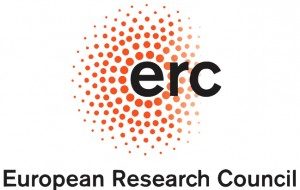Présentation
The goal of this project is to deliver a new theoretical framework to understand how transcription factors (TFs) sustain cell identity during developmental processes. Recognised as key drivers of cell fate acquisition, TFs are currently not considered to directly contribute to the mitotic inheritance of chromatin states. Instead, these are passively propagated through cell division by a variety of epigenetic marks. Recent discoveries, including by our lab, challenge this view: developmental TFs may impact the propagation of regulatory information from mother to daughter cells through a process known as mitotic bookmarking. This hypothesis, largely overlooked by mainstream epigenetic research during the last two decades, is being investigated in embryo-derived stem cells and during early mouse development. Indeed, these immature cell identities are largely independent from canonical epigenetic repression; hence, current models cannot account for their properties. We are therefore identifying mitotic bookmarking factors in stem cells and early embryos, establishing their function in stem cell self-renewal, cell fate acquisition and dissecting how they contribute to chromatin regulation in mitosis. This will allow us to study the relationships between bookmarking factors and other mechanisms of epigenetic inheritance. Our goal is to deliver a mechanistic understanding of how mitosis influences gene regulation and of how mitotic bookmarking contributes to the propagation of immature cell identities .







